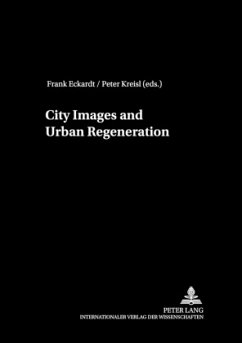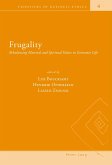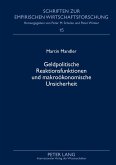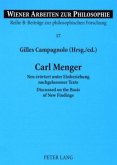City Images and Urban Regeneration reflects upon extant and experimental concepts in urban planning, life, society and development. This volume integrates contributions deriving from both points of departure: the reflection on urban regeneration processes and the visual perception of urbanity. With this book, the editors want to take up the long debate on «guiding images» in urban planning and present some new approaches to them. Examples are given from Sweden, Italy, Poland, Portugal, Switzerland, Austria and France, among others. The contributions are written by authors with backgrounds in a variety of disciplines as economy, sociology, art, history, architecture, political science, urban and regional planners. Off the beaten track of discussing urban life, they all give answers to the question, how we can find the principles, images, concepts, fantasies, politics and planning theories that regard the future of urban planning.
«Das Buch ist...sehr empfehlenswert. Es wendet sich an alle Forscher, Planer, Architekten, politische Entscheidungsträger, Verwaltungsverantwortliche, Hochschullehrer und Studierende, welche sich mit dem Werdegang der Stadt und der Verstädterung beschäftigen. Es verschafft auch Bürgerinitiativen sowie aufgeschlossenen Wählern besseren Einblick in die Komplexität der städtischen Problemstellungen und deren relative Lösungsmöglichkeiten.» (Gabriel Wackermann, Geographica Helvetica)








